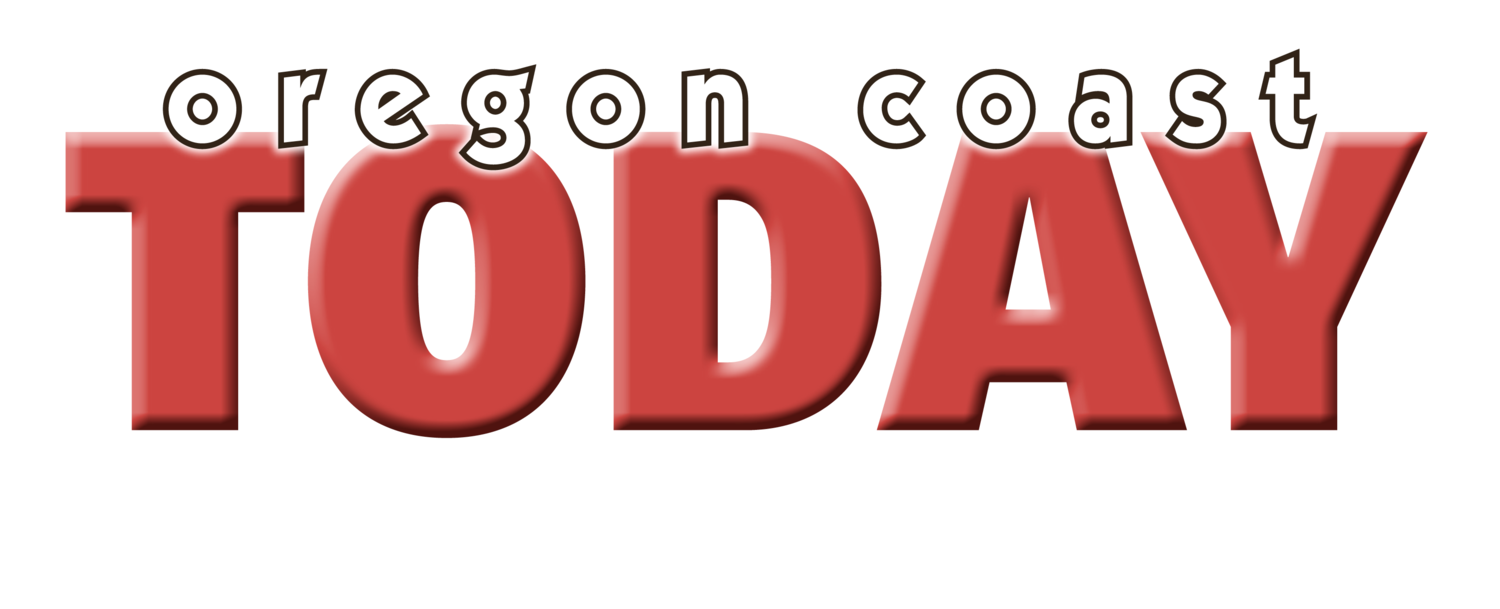A talk you really otter sea
Join the MidCoast Watersheds Council for a virtual community meeting on Thursday, Feb 4, to learn about the history and possible future of sea otters in Oregon.
Starting at 6:30 pm, “Oregon's Lost Sea Otters: Restoring a Cultural Heritage and Ecological Keystone,” will be presented Peter Hatch and John Goodell from the Elakha Alliance, a nonprofit group dedicated to returning sea otters to native habitat.
Though river and sea otters are closely related, there are differences; the most easily recognizable being that sea otters are two to three times the size of river otters. When you are playing on the water in some of the Central Coast’s rivers and creeks, and even nearshore parts of the ocean, you may get lucky with a visit from an otter, but the little guy is almost 100 percent guaranteed to be a river otter, as the local populations of sea otters were hunted to extinction in the early 1900s.
It’s hard to appreciate the cultural importance and ecological significance of a species that vanished from Oregon’s coastal waters more than a century ago. What has the loss of sea otters meant to Oregon’s indigenous peoples? What does their absence mean to the health of nearshore ecosystems? What might be gained from the return of sea otters to Oregon?
Hatch is a member of the Confederated Tribes of Siletz Indians and works in the tribe’s Cultural Resources office. He is the son of the late David Hatch — the co-founder of the Elakha Alliance.
Goodell is a conservation biologist and former museum curator with a background in science communication and natural history interpretation.
For more information and a link to the presentation, go to www.midcoastwatersheds.org.

